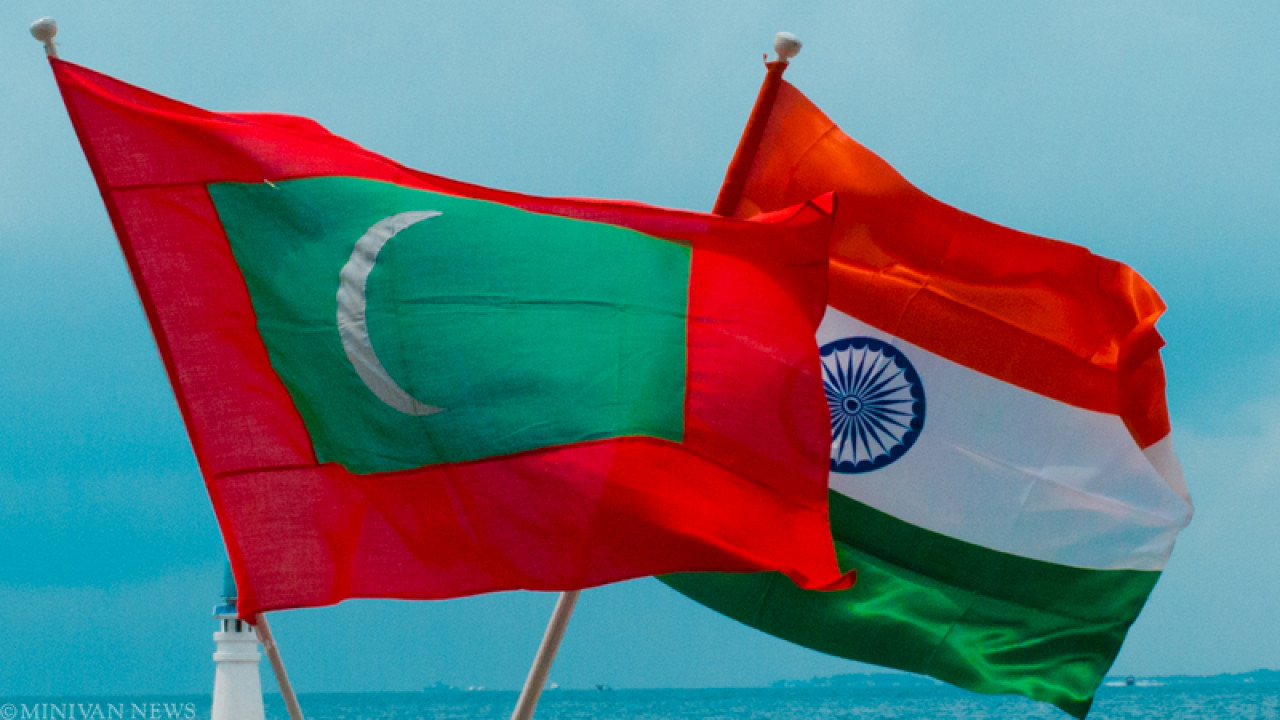Ever since democracy knocked on our door a decade ago, all aspects of our lives have been linked in one way or another to democratic system of governance.
Our political leaders, whether in government or in the opposition, constantly talk of the vital need for democracy to prosper in order to maintain progress and stability.
However, none of the benefits of democratic rule seem at reach the common person.
Political parties constantly struggle to dominate and control the parliament. Our leaders are continually seeking the freedom to maneuver with impunity and make decisions as they fully desire.
I agree that to remain relevant, it is essential for political parties to win elections. However, in a presidential system, I doubt that a majority in parliament is the key to run an efficient government. The key, I believe, are mature and sincere politicians in both government and the parliament, working for the best interest of the people.
The Maldives is in its formative years of building a democratic sphere. In our journey so far, we cannot confidently claim that our leaders, who have been bestowed with upholding the constitution, have undertaken their duty to uphold democratic values.
In our modern systems of governance, the president does not have a free hand in all decision-making. This is evident in democracies elsewhere. After all, is this not why we need a constitution which lays out the fundamental blueprint of governance, as the underlying authority to run affairs of the state?
It is a popular belief that in politics in the Maldives, what we see on the surface is often not what is schemed underneath. Unfortunately, this is also evident in mature democracies. However, in most countries, the decisions of the government are likely to reflect the fundamental concerns of its citizens.
One of our closest neighbors is the largest democracy in the world. Perhaps we can learn a few things from their democracy.
The first Prime Minister of India Jawaharlal Nehru lead his country with great respect for democratic norms. His actions in the country’s early years of independence was vital for establishing an independent, democratic India.
It is important to note that Nehru never undermined the authority of parliament. When the parliament demanded him to clarify certain matters or answer queries, Nehru prepared for the session and responded in full.
Although he once criticized a verdict from the Supreme Court, Nehru soon realized his mistake and was quick to send an apology the next day.
These decisions remain the footprints for independent democratic India and the respect for democratic values it maintains today.
It was Nehru who initiated and insisted that a civilian leader must remain as the head of the Indian military. As a result, the Indian military has refrained from intervening in civilian rule. Unlike its neighbor to the north west, it is unthinkable in India that the military may come to govern the country.
World over, national foreign and economic policies are constantly evolving to suit the tempo of the changing times. The foreign and economic policies of India have also evolved since its independence and maybe now there is not much to relate to the policies of the Nehru era.
However, while Nehru’s legacy has become the establishment of a democratic India. The policies and decisions he made within the democratic values remain a key part of his legacy and the decisions have led to forge India’s current identity. In our own nascent democracy, there are good lessons to be learned from our neighbor’s not-so-distant past.
In our own recent history, only three families have ruled the Maldives in the 20th century. Athireege family ruled the country up until 1953. After a power vacuum of 5 years, Nasir from Velanaage ruled until 1978 and from there, Gayoom from Kaamineege/Endherimaage governed until 2008.
[caption id="attachment_486" align="alignleft" width="225"] Political Dynasty[/caption]
Here we have similarities with the Indians in political dominance by dynasty rule. In the 70 years since its independence, Indian politics has also been dominated by the descendants of Nehru.
However, I don’t think this is an aspect we should draw lessons from. The most talked-about and debated topic until recently in the Indian film industry has been nepotism. ‘Nepotism Rocks’ has been a favorite phrase for some leading personalities in Bollywood and even in today’s industry, there is a belief that only actors from established families can be successful in Indian films.
India is so vast and diverse, there is so much talent to be drawn into the entertainment industry. On the political front, there is no shortage of educated people with sharp political acumen. Yet, we somehow see political opportunity swirling around a few families.
This makes you wonder if our political vibes are taking us backwards. After the country endured a struggle to establish a democratic system, it is a pity that there is a segment trying to legitimize dynasty rule, especially as we try to evolve into a democratic system.
There is no compromise or no amicable solution in the current political storm we are locked into and the unfolding consequence is that we are glorifying the past, simply because the present is stale. The even more serious drawback could be that we are unknowingly giving immunity to the politically affluent to act with impunity and stay above the law.
While this is tragically distressing for the common people, I can’t help but relate to the words of Indian poet Gagan Gill …
Just a Little Hope Is Needed
Just a little hope is needed
like a ray of sun
shining in the earth
like the taste of wet stone
in the water
like a fish leaping
on wet sand
Just a little hope is needed
like a song remembered
in the throat of a mute
like a sigh
stopped in the chest
like the longing of an insect
clinging to glass
like thirst
drowned in the river-bed
Just a little hope is needed
[gallery link="file" columns="1" size="medium" ids="487,488,492,489,490,491,493,495,496"]



